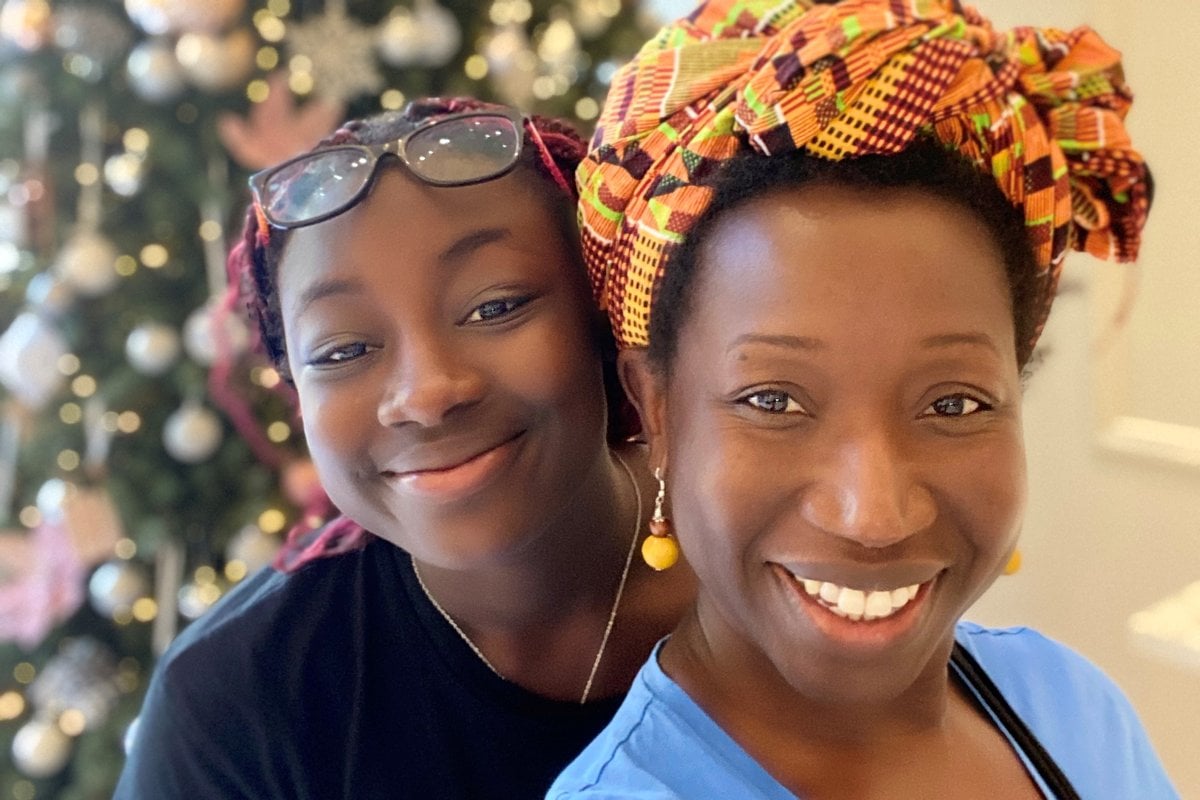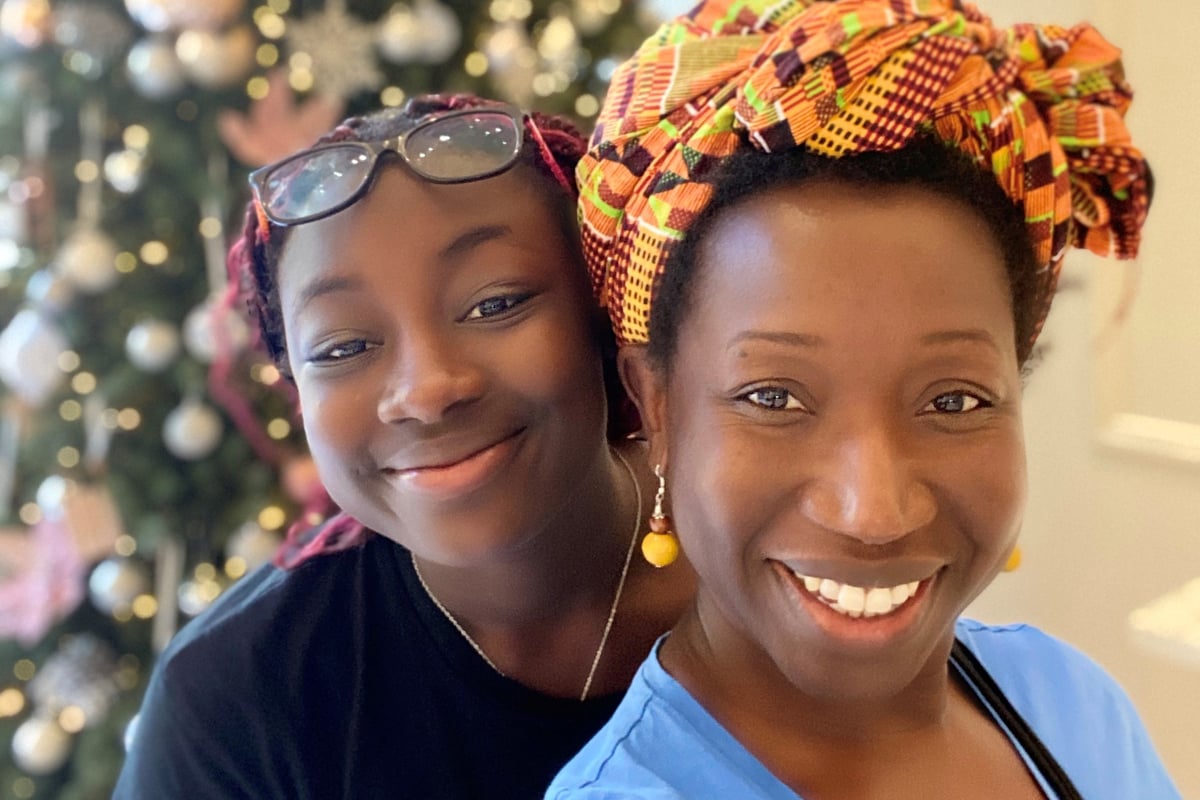
“How was work on the cotton fields this weekend?” my daughter was asked when she was 12 years old, by a fellow student at her school.
“Can I have the n**** word pass?” they continued.
Now, at the age of 14, she has had to grow up real quick. Moving to Australia as a British born, Nigerian family was going to come with its challenges but I had this naïve feeling that my kids would be sheltered from any racism.
Introducing MPlus. Post continues below.
To my knowledge, both my kids were until my daughter turned 12.
I know that most of us deal with identity challenges at this age, regardless of race, gender and orientation, but it is even more complex when you are seen to be the minority. Or should I say, marginalised.
“They are just kids” is a common response when I tell people about what was said to my daughter. But this is an excuse we have used for decades, which allows us to continue to turn a blind eye to comments that are extremely hurtful and insensitive.
And it prevents us from making changes and preventing other kids from experiencing this in the future.


